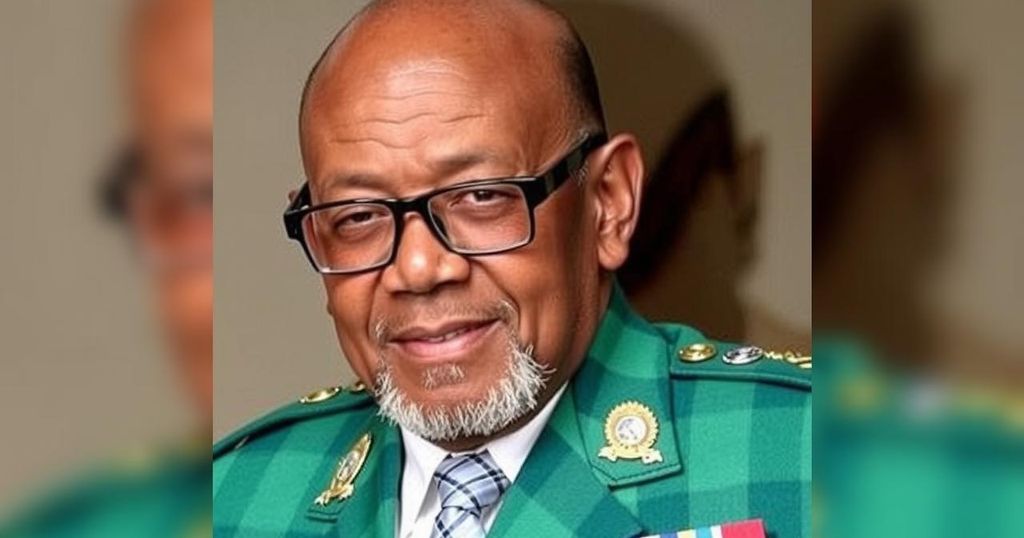Former Suriname Dictator Desi Bouterse Passes Away at 79 Amid Legal Troubles

Desi Bouterse, former dictator and elected president of Suriname, died at 79. Known for his popularity in the poor and working-class communities, he ruled through tumultuous political periods and faced serious legal consequences, including murder and drug trafficking charges. Although he remained a fugitive until his death, he left a lasting impact through social policies during his rule.
Desi Bouterse, a notorious figure in Suriname’s political history, has passed away at the age of 79, as confirmed by official government sources. Bouterse, who commanded significant support among the impoverished and working-class segments of the Surinamese population, initially seized power through a military coup in 1980 and later cycled through various roles, including that of president from 2010 to 2020, despite his controversial background.
During his lengthy career, Bouterse faced numerous legal challenges, including a conviction for drug trafficking in the Netherlands, and was implicated in horrific political crimes, notably the execution of fifteen political adversaries in 1982. After years of denying culpability for these murders and maintaining that he was targeted for political reasons, he remained a fugitive until his death, reportedly due to illness at a hidden location.
Following his death, condolences were expressed by current President Chan Santokhi, who called for calm among the populace. Bouterse’s family and supporters mourned his passing at their residence in Paramaribo. The National Democratic Party that he once led lamented the loss of their “spiritual father,” underscoring his enduring popularity despite his controversial nature.
Desi Bouterse, born in Suriname in 1945, rose to prominence as a military leader after a coup in 1980, becoming the nation’s de facto ruler. His tenure was marked by accusations of political violence and human rights abuses, most infamously the 1982 execution of political opponents. After stepping down in 1987 under international pressure, he returned to power in 1990. Elected president in 2010, he faced unparalleled legal troubles, including drug trafficking and murder charges, which ultimately branded him a fugitive. Despite this, he retained a significant base of support due to social policies implemented during his rule, such as universal school meals and free healthcare.
The death of Desi Bouterse marks the end of an era characterized by both significant political upheaval and enduring support among certain demographic segments in Suriname. His complex legacy reflects a figure who wielded considerable influence while simultaneously evading justice for severe crimes against humanity. As Suriname grapples with the implications of his passing, it remains to be seen how his policies and controversial history will shape the political landscape moving forward.
Original Source: www.insidenova.com







